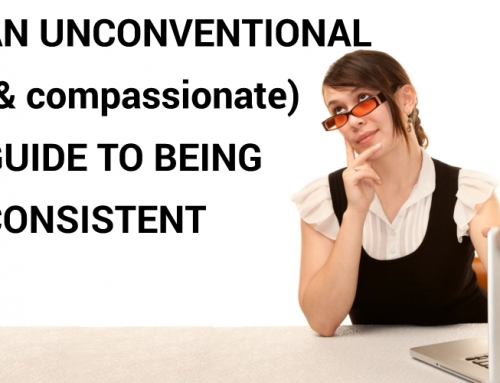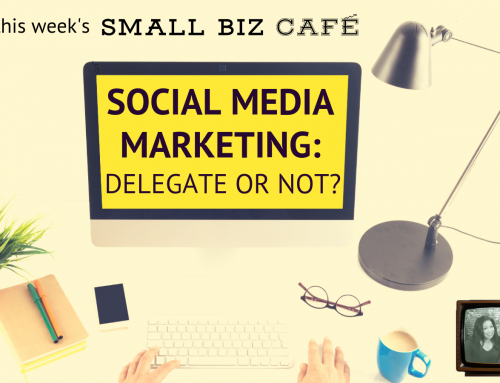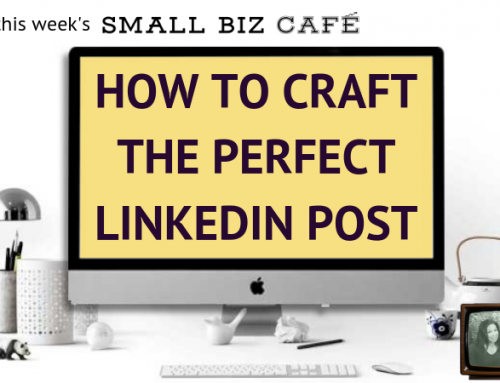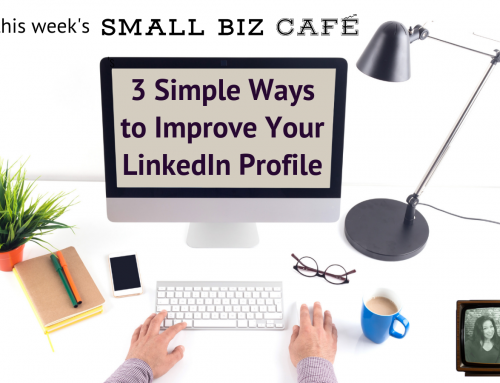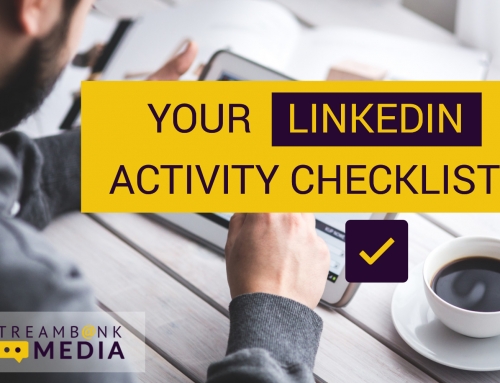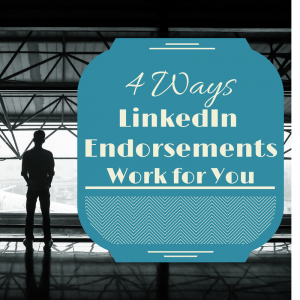 Launched in 2003, LinkedIn is among the oldest social media platforms in the game. Though not yet a teenager, this business-oriented service continues to thrive due to its real-world practicality as a tool for professional networking and self-promotion. And like most social networks, LinkedIn constantly tinkers with features in an effort to improve services and grow the network. One of the more polarizing and misunderstood features is the LinkedIn Skill Endorsement.
Launched in 2003, LinkedIn is among the oldest social media platforms in the game. Though not yet a teenager, this business-oriented service continues to thrive due to its real-world practicality as a tool for professional networking and self-promotion. And like most social networks, LinkedIn constantly tinkers with features in an effort to improve services and grow the network. One of the more polarizing and misunderstood features is the LinkedIn Skill Endorsement.
According to Craig Smith at Digital Marketing Ramblings, LinkedIn endorsements number more than 1 billion as of this writing. But in spite of its popularity and apparent utility, the LinkedIn Endorsements feature still has its fair share of critics, most of whom argue semantics. Just as the Facebook “Like” button has forever changed the meaning of the word (they say), so too does the endorsement feature dilute the meaning of something that used to carry some real weight in the working world. Rather than boring you with a rebuttal on the evolution of language and the technical limitations of user interfaces, here are…
Four reasons that LinkedIn Endorsements matter
1. Endorsements give viewers of your profile a quick rundown of your skill set, serving as a resume at-a-glance. According to LinkedIn’s own overview of the feature, endorsements are “a great way to recognize your 1st-degree connections’ skills with one click. They also let your connections validate the strengths found on your own profile.” It’s important to note that LinkedIn users are responsible for the list of skills that appear on their profiles; this helps prevent seemingly random endorsements or the appearance of unlikely skills.
2. Skills and endorsements affect your online visibility. While not directly searchable, LinkedIn algorithms do take them into account, especially if your profile indicates that you’re interested in career opportunities. Taking these factors into account, LinkedIn will share jobs that you might be interested in pursuing.
3. Who endorses you can have a bigger impact than the actual number of LinkedIn Endorsements you have. While having co-workers past and present endorse you is certainly helpful, getting this simple recognition from a manager or someone else higher up the corporate ladder is more meaningful to recruiters and potential bosses.
4. In the most basic sense, using endorsements is a sign of life for your LinkedIn account. Simply put, activity of any kind gets you seen and improves your search ranking. Why not take advantage of this feature with a few quick clicks?
It’s worth noting that each and every LinkedIn user has absolute control over their list of skills/endorsements. Be sure to curate yours to keep them relevant, meaningful, and up-to-date. Like them or not, endorsements are not going away anytime soon. If the purpose of your LinkedIn effort is to increase your visibility, a few clicks are good first steps down your digital path to success.

